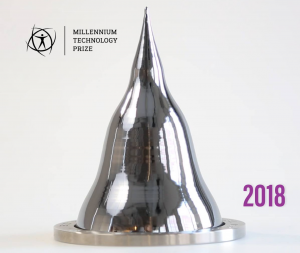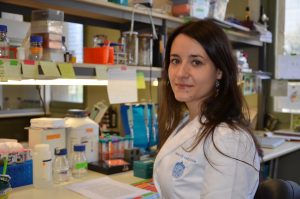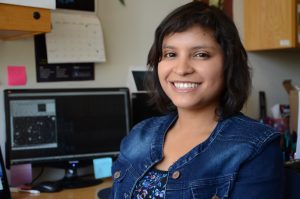XIII REUNION ANUAL DE LA SOCIEDAD CHILENA DE NEUROCIENCIA HOTEL ENJOY, CASTRO, CHILE
1-3 OCTUBRE 2017
CALL FOR PARTICIPATING IN THE YOUNG NEUROSCIENTISTS SYMPOSIUM
The Sociedad Chilena de Neurociencia (SCN) calls PhD students and postdocs to participate in the “Young Neuroscientists Symposium” of the Congress. Applicants to this very special symposium will be selected by contest, according to their merits.
Bases:
- Those awarded the four available slots will receive full fellowships, which will cover registration, all transfers and stay at the Enjoy Hotel during the Congress.
- The awardees must attend the entire congress.
- One of the four fellowships will be awarded to an applicant with residence in any Latin American country besides Chile. The other three will be given to applicants with residence in Chile. Exceptionally and depending on the merits of the applicants, the SCN may decide to modify the proportion of slots assigned to residents in or out of Chile, within the total of fout.
- All the works to be presented must have been mostly carried out in the country of residence.
- Only one applicant from the same laboratory or collaborative research group can be awarded.
- The presentations must be in English.
Applicant should submit the following documentation:
- An abstract describing his/her work (with a maximum of 250 words in the body text, in English). The text may be slightly modified before the abstract submission deadline of the Congress (to be announced).
- A curriculum vitae including personal data such as: full name, nationality, date and place of birth, country of residence, affiliation, education, awards and honors, research experience, publications, meeting presentations and any other relevant information.
- A certificate from the PhD program (PhD students) or a letter from the postdoctoral supervisor (Postdocs), certifying the applicant current status.
- Letter of reference from the thesis advisor or postdoctoral supervisor including certification that the applicant is fully capable of giving his or hers presentation fluently in English.
Deadline to apply: August 14, 2017.
Applications and required documents must be sent to the contact email applicationYNS@gmail.com, with copy to sociedadchilenaneurociencia@gmail.com. Subject “Application 2017 ”.







 Santiago, Abril de 2017.- Desde el 17 de abril al 16 de junio se encontrarán abiertas las postulaciones de uno de los premios más destacados de la ciencia a nivel mundial, que L’Oréal Chile junto a UNESCO otorgan en nuestro país. Se trata de For Women in Science, que, por décimo año, premiará a dos científicas de excelencia que cursen estudios doctorales en Ciencias de la Vida o de la Materia, entregando dos premios, cada uno de un monto de $7 millones, destinados a apoyar las tesis doctorales de mujeres investigadoras.
Santiago, Abril de 2017.- Desde el 17 de abril al 16 de junio se encontrarán abiertas las postulaciones de uno de los premios más destacados de la ciencia a nivel mundial, que L’Oréal Chile junto a UNESCO otorgan en nuestro país. Se trata de For Women in Science, que, por décimo año, premiará a dos científicas de excelencia que cursen estudios doctorales en Ciencias de la Vida o de la Materia, entregando dos premios, cada uno de un monto de $7 millones, destinados a apoyar las tesis doctorales de mujeres investigadoras. El Premio L’Oreál Chile – UNESCO “For Women in Science” – que este año cumple su décimo aniversario en Chile y el número 19 en el mundo– es el resultado de una asociación única entre una entidad pública y una privada y ha logrado consolidarse como una de las más importantes iniciativas para promover la carrera de mujeres científicas de todos los continentes.
El Premio L’Oreál Chile – UNESCO “For Women in Science” – que este año cumple su décimo aniversario en Chile y el número 19 en el mundo– es el resultado de una asociación única entre una entidad pública y una privada y ha logrado consolidarse como una de las más importantes iniciativas para promover la carrera de mujeres científicas de todos los continentes.